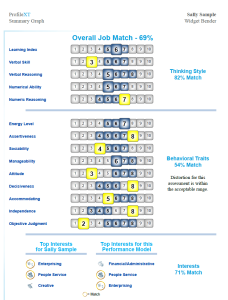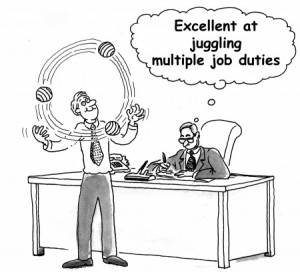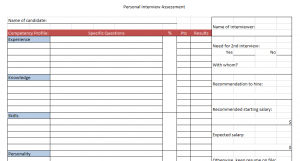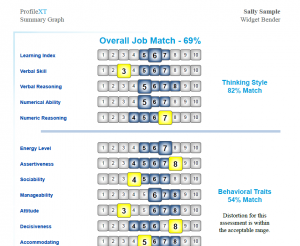We all want employees to be motivated in their jobs and if we’re the employee we want to enjoy our work.
 The employer’s responsibility is to make sure that the work being performed by the employee is for the most part the type of tasks that interest them. The employer also needs to provide the proper working conditions, support, compensation and rewards that meet the needs of the employee.
The employer’s responsibility is to make sure that the work being performed by the employee is for the most part the type of tasks that interest them. The employer also needs to provide the proper working conditions, support, compensation and rewards that meet the needs of the employee.
On the employee’s side it is the responsibility of each person to find work that interest them and choose a company that will provide the type of conditions that are motivating. You must understand yourself and know how your personal interests translate into jobs in the workplace.
Just because somebody has a skill for something doesn’t necessarily mean that they are passionate about the work. If you want to get the best out of people you need to align what they’re good at with what they most enjoy doing.
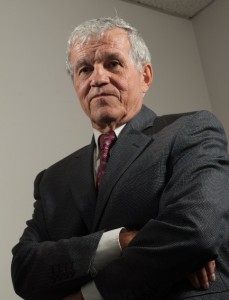 For example a classic error made by many companies is to promote the best employee to be a manager or supervisor. Take an employee who sells complex computer hardware solutions to large companies and whose interests are mainly associated with selling, technology and creativity. This person might excel at their job of helping clients solve complex problems, but put that person into a management role and he or she might fail. The management role in this case would require someone with high interests in people, as one of the main tasks of a manager is to develop others so that the department can perform and grow. Without the people interest the new manager might continue to override his salespeople because his skills and interests lie more in problem-solving in creative ways that produce a sales result rather than and coaching and training the salespeople to perform at a higher level.
For example a classic error made by many companies is to promote the best employee to be a manager or supervisor. Take an employee who sells complex computer hardware solutions to large companies and whose interests are mainly associated with selling, technology and creativity. This person might excel at their job of helping clients solve complex problems, but put that person into a management role and he or she might fail. The management role in this case would require someone with high interests in people, as one of the main tasks of a manager is to develop others so that the department can perform and grow. Without the people interest the new manager might continue to override his salespeople because his skills and interests lie more in problem-solving in creative ways that produce a sales result rather than and coaching and training the salespeople to perform at a higher level.
Self-understanding
To better understand ones key interests requires some self-reflection or an assessment tool. When hiring people an assessment tool can be extremely useful to get a quick and valid understanding of what someone’s interests are.
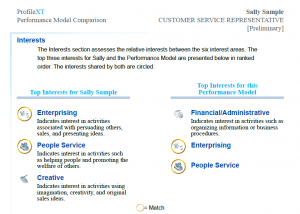 I use the Profile XT and the Profile Sales Assessment to provide greater understanding of people. These tools cover six interest areas; enterprising, people, technical, financial / administrative, creative and mechanical. The assessment tool determines the top three interest areas of the person and compares that to the requirements of the position.
I use the Profile XT and the Profile Sales Assessment to provide greater understanding of people. These tools cover six interest areas; enterprising, people, technical, financial / administrative, creative and mechanical. The assessment tool determines the top three interest areas of the person and compares that to the requirements of the position.
Take Stock of your Interests
Another approach to understanding your interests is to write down the things you do that interests you the most and the things that you dislike the most at work or at home. For example I enjoy anything that allows me to be creative both when it comes to business as well as artful pursuits. I also enjoy business and have turned hobbies into businesses. I know I dislike administrative work as I tend to procrastinate and avoid those tasks. I particularly like to help others solve problems that will help them be more successful. Thus it makes sense for me to be a coach and trainer helping people solve business problems in creative ways.
 Although it is extremely important that we have the right skills for the job if we really enjoy and are passionate about the work, we will be much more fulfilled and successful. This will translate into better performance and rewards for ourselves and our company.
Although it is extremely important that we have the right skills for the job if we really enjoy and are passionate about the work, we will be much more fulfilled and successful. This will translate into better performance and rewards for ourselves and our company.
Stephen Goldberg

